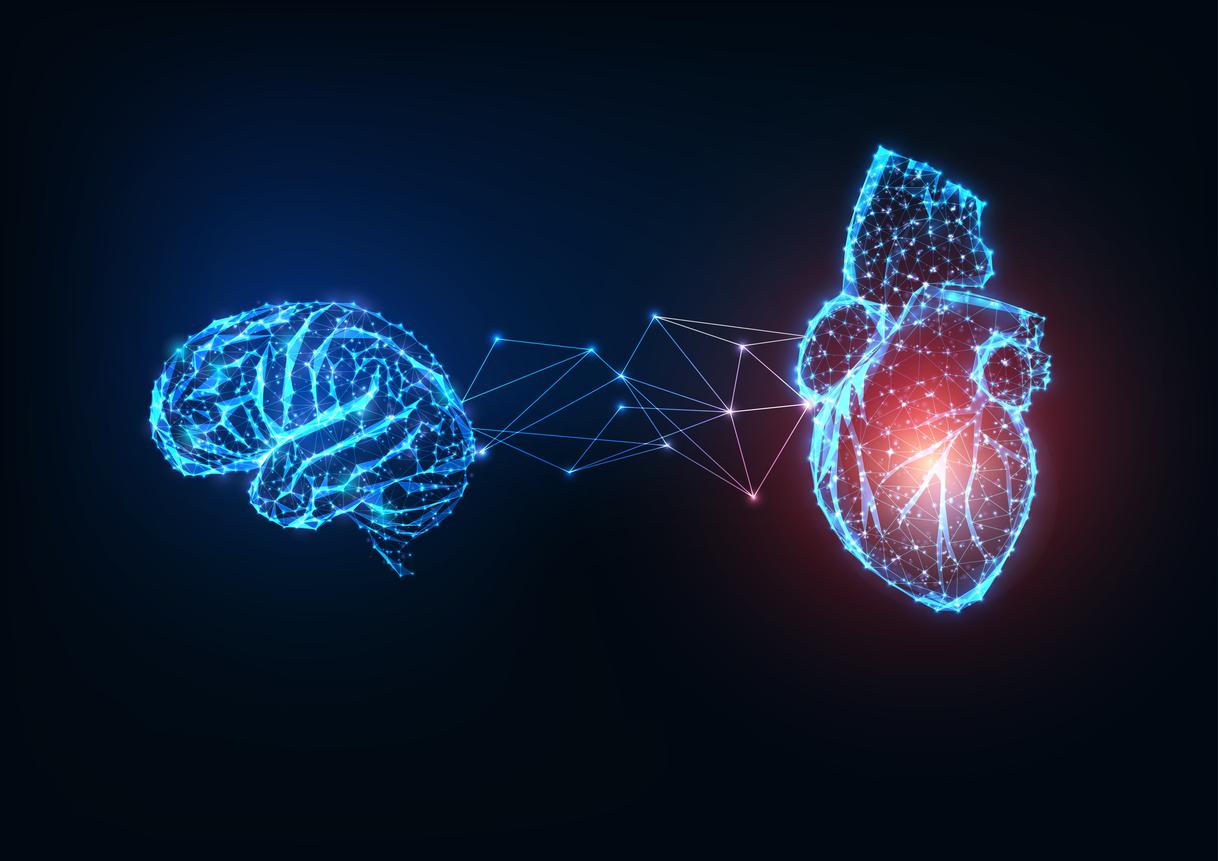Within seconds, your brain may not remember an event that just happened and modify the memories to suit your expectations.

- In several experiments, volunteers had to stare at a series of circular letters, which could be reversed, for a few seconds. They had to remember which one was highlighted.
- Adult cognitive performance declined when the letter was reversed. Accuracy rates dropped to around 40%.
- Accuracy of memories decreased over time due to a mismatch between reality and participants’ expectations.
We know that long-term memory becomes more and more blurred over time. But short-term memory may also not be as reliable as it seems. This was revealed by researchers from the universities of Amsterdam (Netherlands) and Sussex (United Kingdom). To reach this conclusion, they carried out a study published in the journal Plos One. As part of their work, the scientists recruited hundreds of people, who took part in several experiments.
Remembering a letter to test short-term memory efficiency
During the interventions, the adults had to view a series of circular letters on a screen and remember a single highlighted letter that was shown to them. To complicate matters, the team reversed the orientation of some letters. Groups of letters were shown briefly, sometimes for only a quarter of a second, followed by a three second interval, after which a box would appear indicating where one of the letters was. Another series of letters then appeared.
The volunteers had to indicate where indicated in the box was the letter of the first series which had been shown to them. Each participant was also informed in advance that some letters might be reversed. In addition, each participant had to assess whether or not they were going to succeed in obtaining the correct letter immediately after each test.
Brain: memories are influenced by our expectations
According to the results, the adults remembered the letters quite well when they were oriented normally, but their cognitive performance declined. “in a spectacular way” when the letter was reversed. In detail, accuracy rates dropped to around 40%. The authors also found that accuracy reduced as time passed between when the volunteers saw the letters and when they responded.
According to the scientists, the decline in the precision of memories is caused by a mismatch between reality and the expectations of the participants. “People aren’t usually used to seeing a letter turned upside down, so their minds subconsciously and automatically turn it upside down to see it the right way up. It would also explain why their confidence, when they gave their answer, remained strong”, they explained in a statement.
















